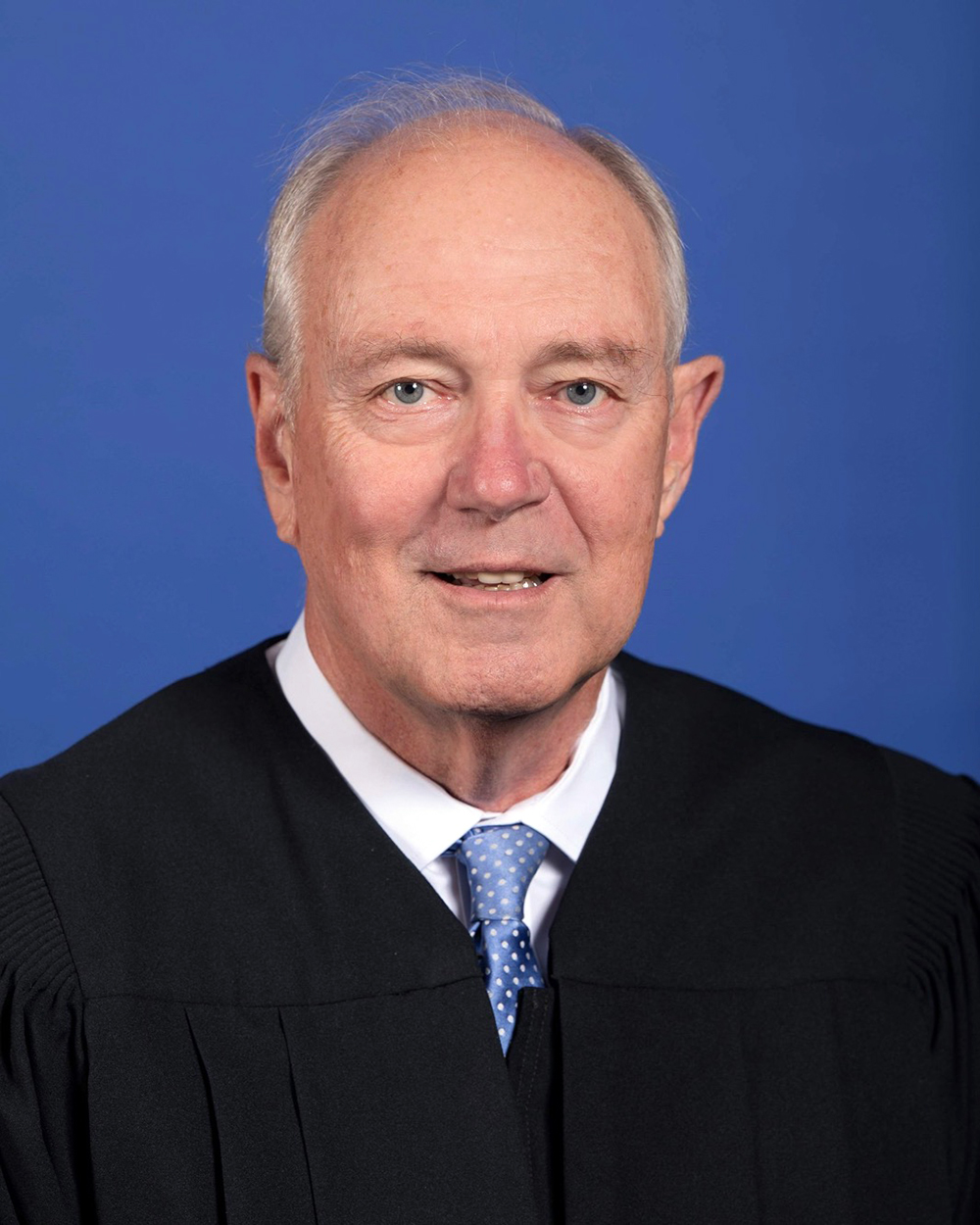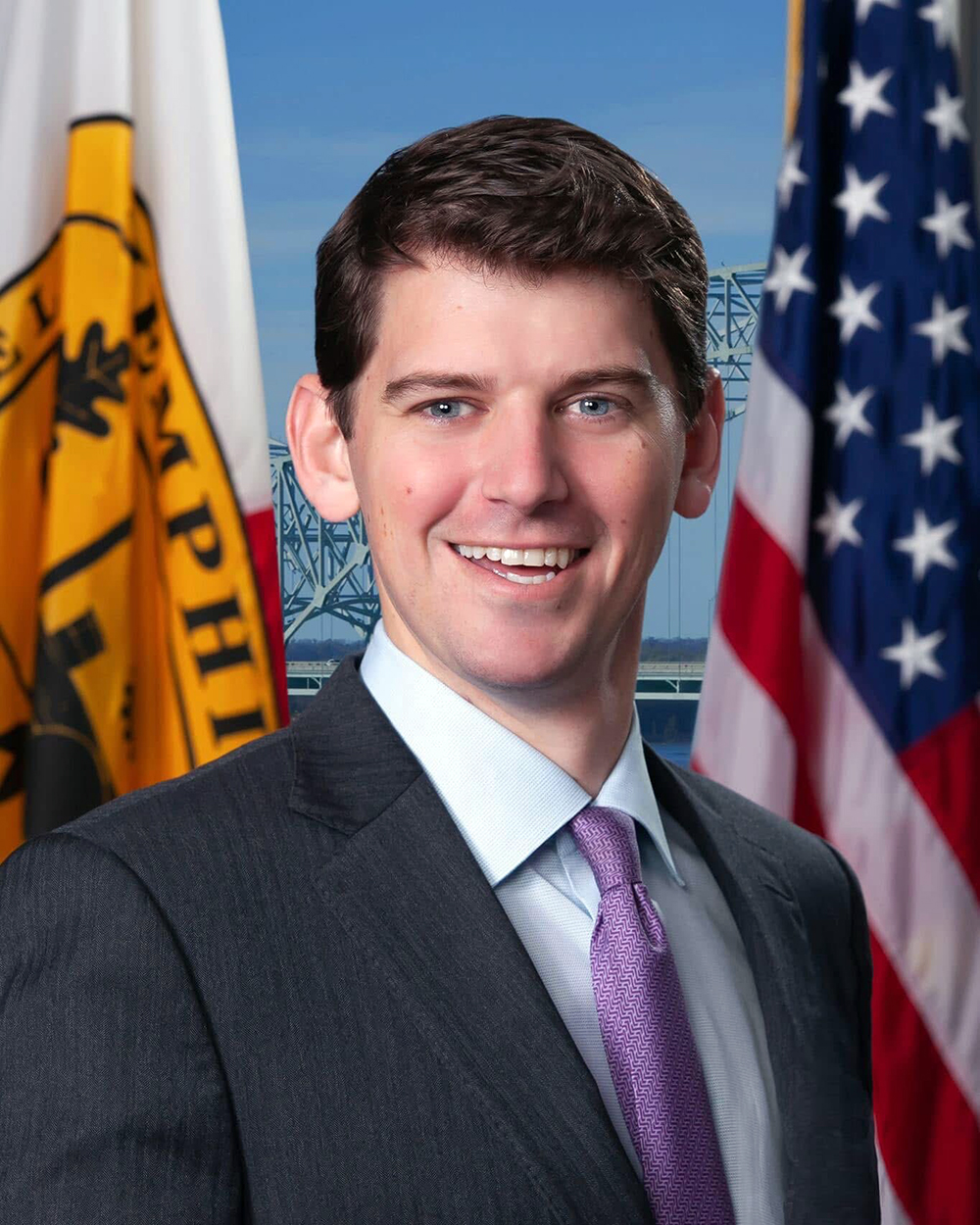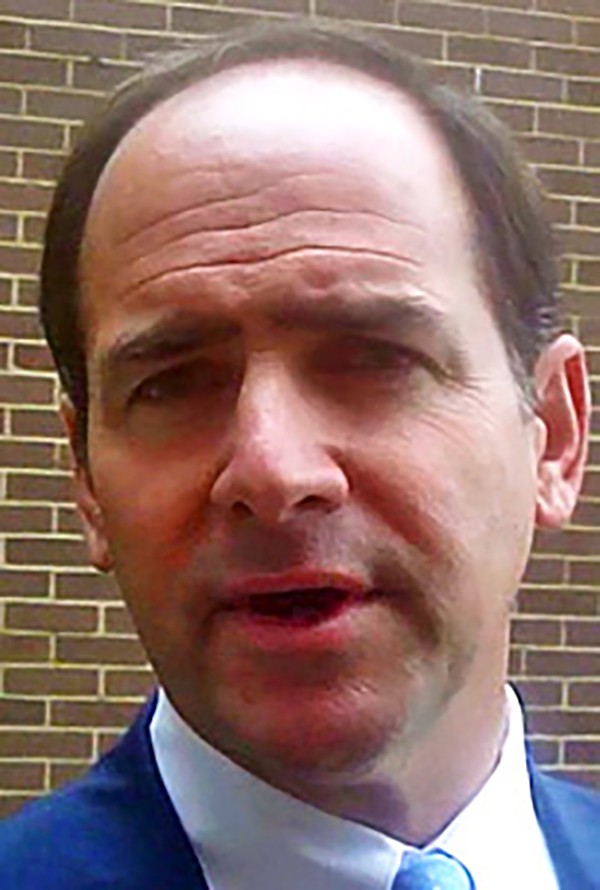As August turned to September, the political junkies among us found that very little had changed in their world.
The heat of campaigning was over, to be succeeded by a late summer heat wave. Political advertising was conspicuously less frequent on radio and TV (which didn’t mean, of course, that deceit and misrepresentation were absent from the usual programming and commercials still available on the airwaves). In any case, more politics was just ahead.
Among the decisions still to be made were the four constitutional amendments that will appear on the November 4th statewide ballot. And the adherents and opponents of those amendments were already getting busy. More of that anon.
Meanwhile, the winners of the Shelby County general election were sworn in and girding for contests of other kinds. One of the most obvious of those was the matter of who would be chairman of the new Shelby County Commission. In particular, two of the five holdovers on a commission freshly elected from 13 single-member districts were girding for a fresh battle.
The two are Terry Roland, the Millington firebrand who, toward the end of his just-concluded first term, began trying to reinvent himself as an elder statesman of sorts; and Steve Basar, another second-termer whose constituency is based in East Memphis and the Poplar corridor.
Both are Republicans and are counting on the resumption of the gentlemen’s agreement that has, more often than not since the advent of political primary elections in the early 1990s, called for the rotating of the commission chairmanship between Republicans and Democrats.
The formula has been flouted in recent times — notably in 2011, when most of the commission’s Republicans joined with the political opposition to give Democrat Sidney Chism a second term, more or less to spite then-vice chair Mike Carpenter, a fellow Republican whose bipartisan ways had caused them to regard him as a “RINO” (Republican in name only).
And there has been some isolated muttering among the Democratic newbies on the commission about banding together to elect one of their own as chairman for the 2014-15 term, but such an action would surely roil the waters, and there is no consensus among them for a candidate, in any case.
As vice chair, Basar would seem to have the advantage, especially since, unlike Carpenter, he has managed, despite a moderate, open-minded demeanor, to stay reasonably close to the GOP party line on major issues. Roland, however, is openly campaigning for the chairmanship, and it remains to be seen if he can put aside the politically divisive aspects of a persona which saw him, for most of the previous four years, functioning as the Democratic majority’s chief adversary.
For what it’s worth, during the commission’s swearing-in ceremony at the Cannon Center last Thursday, Roland sat on one end of the stage, next to four other Republican members, while Basar sat on the opposite end, next to several Democrats.
The new version of the commission will meet for the first time next Monday to resolve the chairmanship issue, among other matters, and what they decide will go far toward setting a tone for the new term.
• Meanwhile, there are already some political stirrings city-side, where the Memphis municipal election of 2015 is just a hop, skip, and jump away.
A year or so ago, before the vexing benefits issue and other budgetary conundra hit the fan so spectacularly, incumbent Mayor A C Wharton let it be known, at first through surrogates and finally via his own statement, that he would indeed be a candidate for reelection. Whether that remains the case, however, may depend on how easily and quickly the thorny issues that currently dominate the city-government agenda can be resolved, if at all.
The current Memphis City Council includes at least two mayoral wannabes — Jim Strickland, whose ambitions are long standing, and Harold Collins. There may, indeed, be others. It would be strange if council veteran Myron Lowery, who served a brief but credible term as interim mayor in 2009 and who was defeated by Wharton in the special election held later that year, isn’t thinking of running.
In any case, Strickland can be counted on as a sure thing if Wharton ceases to be a candidate. Ditto with Collins, the subject of a persistent rumor that he already has been assured that the seat is likely to be open.
If Strickland should vacate his seat to run for mayor, a would-be successor is former Shelby County Commissioner Mike Ritz, who espoused the cause of the newly Memphis-based Shelby County Schools system during his term as commission chair in 2012-13 and who has moved his residence from Germantown into the city proper.
• Definitive word finally came down last week as to how the party nominations for state Senate District 30, to succeed Chancellor-elect Jim Kyle, must be conducted. Tennessee Attorney General Robert Cooper delivered an opinion that would:
1) Require nominations to be made by the two major parties’ local governing bodies — the Shelby County Democratic Executive Committee and the Shelby County Republican Steering Committee;
2) Limit the number of eligible voters to those committee members who represent precincts that lie within Senate District 30.
In the case of Democrats, who elect most of their executive committee members by House District, this effectively franchises all members representing House Districts that contain such precincts.
Republicans also elect many of their steering committee members from House Districts, but a majority of their committee members are at-large and will also be enabled to vote.
3) Require House members seeking the Senate nomination to withdraw from the November ballot before attempting to win their party’s nomination for the Senate.
This requirement placed a clear burden upon rumored candidates like Democratic state Representatives Antonio Parkinson and G.A. Hardaway, inasmuch as the withdrawal of either from the November ballot would necessitate a write-in campaign to fill the ballot void for their party’s House race.
All candidacies, whether by party nomination or by independents, must be certified by a date 45 days from the date of the November 4th election. That would seem to make September 20th the effective deadline for application to the Election Commission.
Shelby County Democratic Party Chairman Bryan Carson promptly set up a meeting of the party executive committee for 7 p.m. next Monday night at the IBEW meeting hall on Madison. Inasmuch as District 30 is heavily Democratic, this meeting is likely to resolve not only who the party nominee is but who the next senator will be.
Among the known candidates are former state Senator Beverly Marrero, former Tennessee Regulatory Authority member Sara Kyle (wife of the outgoing senator), and Parkinson, who confirmed his continuing interest this week. Hardaway would seem to have decided against seeking the seat, and among other Democrats whose names have figured in speculation is that of Carol Chumney, a former state representative, city councilmember, and mayoral candidate.
At least one prominent Republican has expressed interest in the Senate seat. That would be physician/businessman George Flinn, a former county commissioner and frequent candidate for other offices — most recently the U.S. Senate, which he unsuccessfully sought in the recent Republican senatorial primary, losing out to incumbent Lamar Alexander and the primary runner-up, state Representative Joe Carr of Lascassas.
Flinn informed attendees of last week’s meeting of the East Shelby Republican Club of his interest. The Shelby County Republican Steering Committee is likely to consider the matter Thursday.


 Jackson Baker
Jackson Baker 